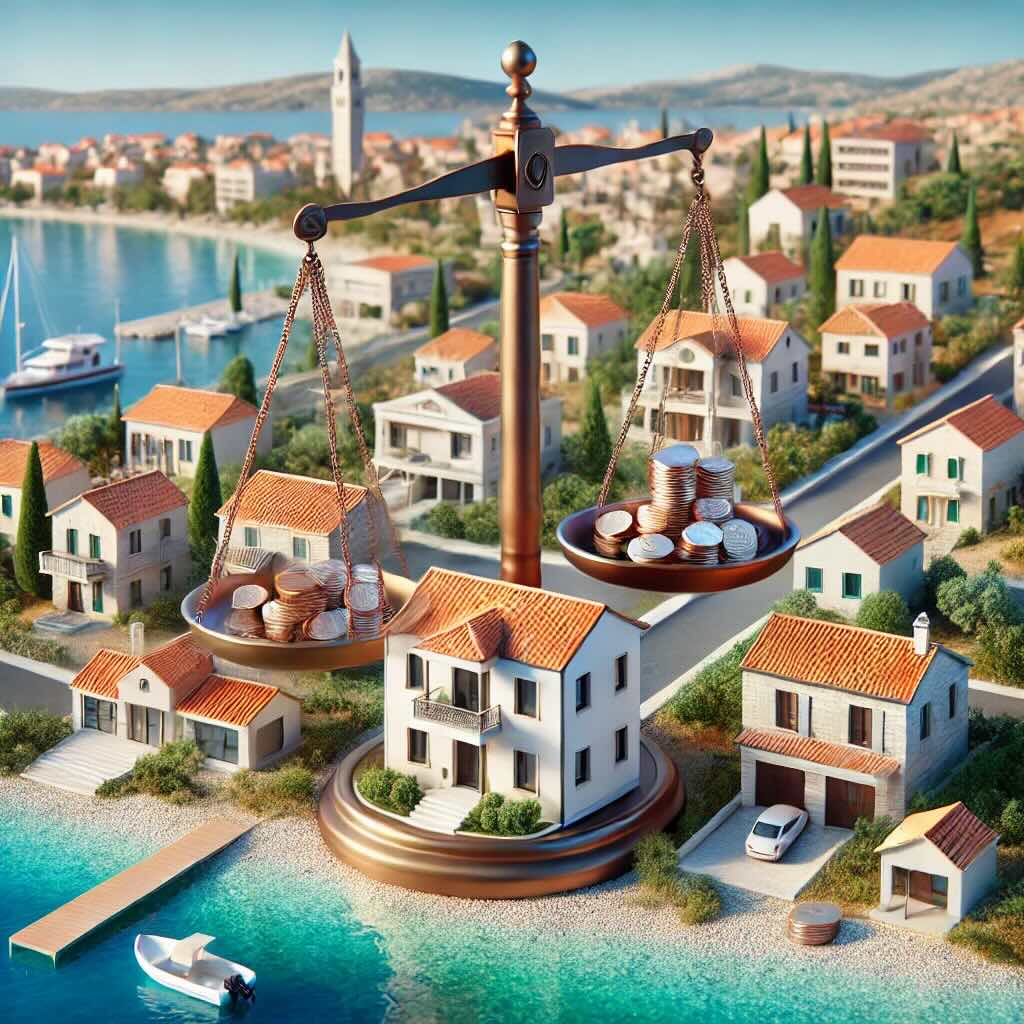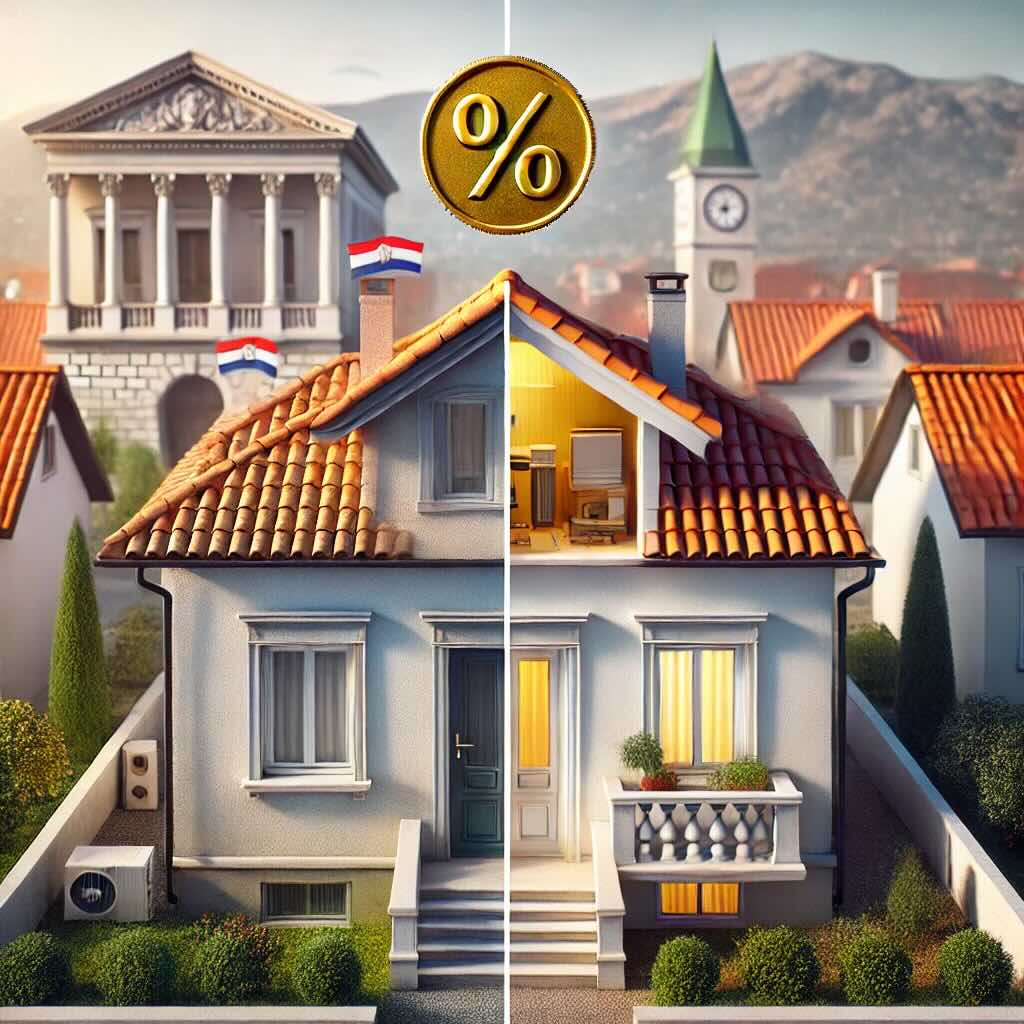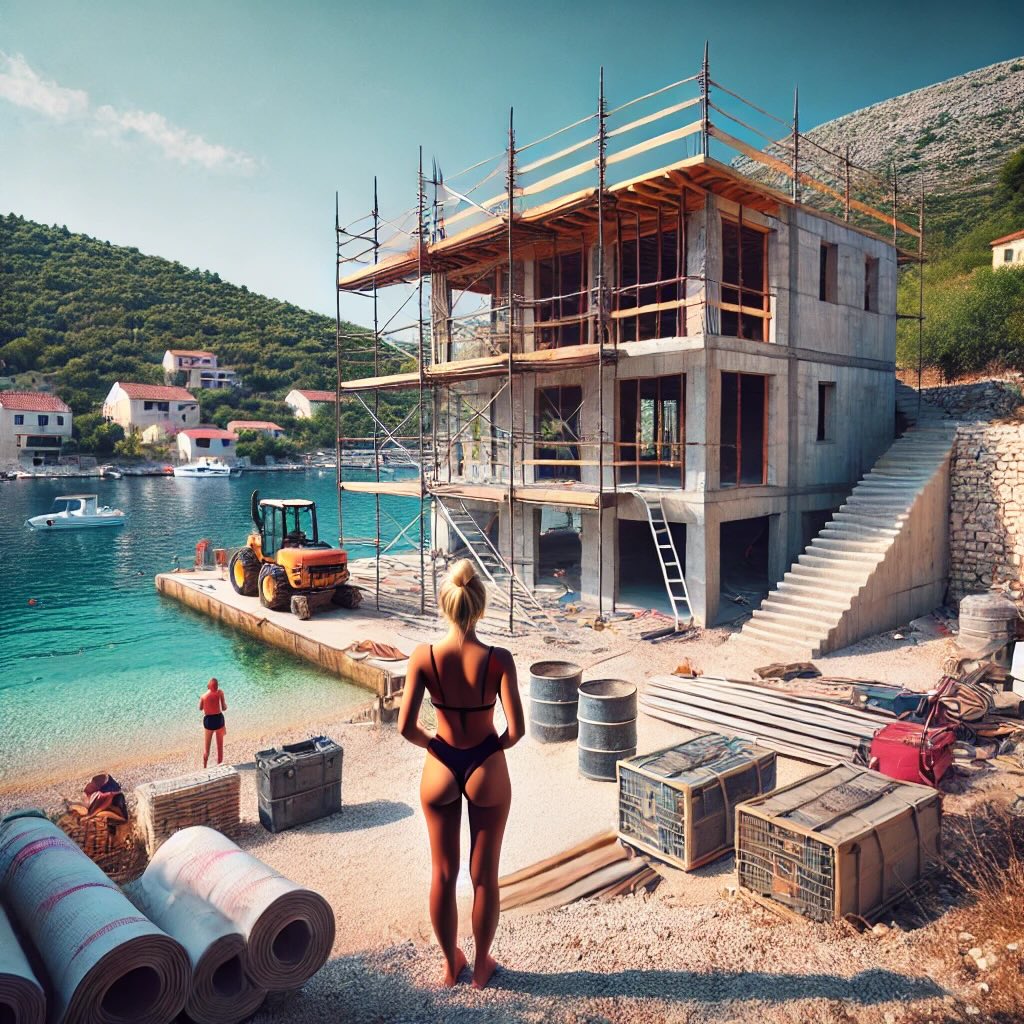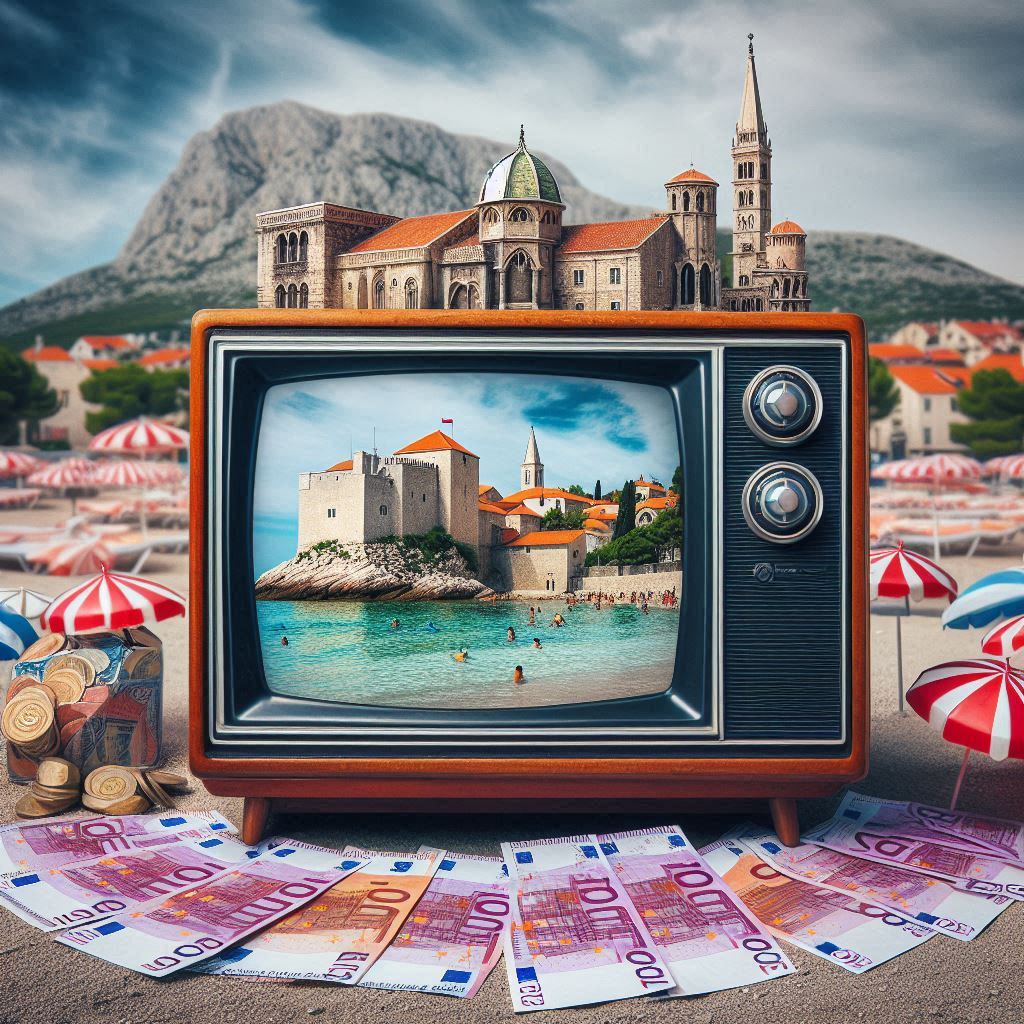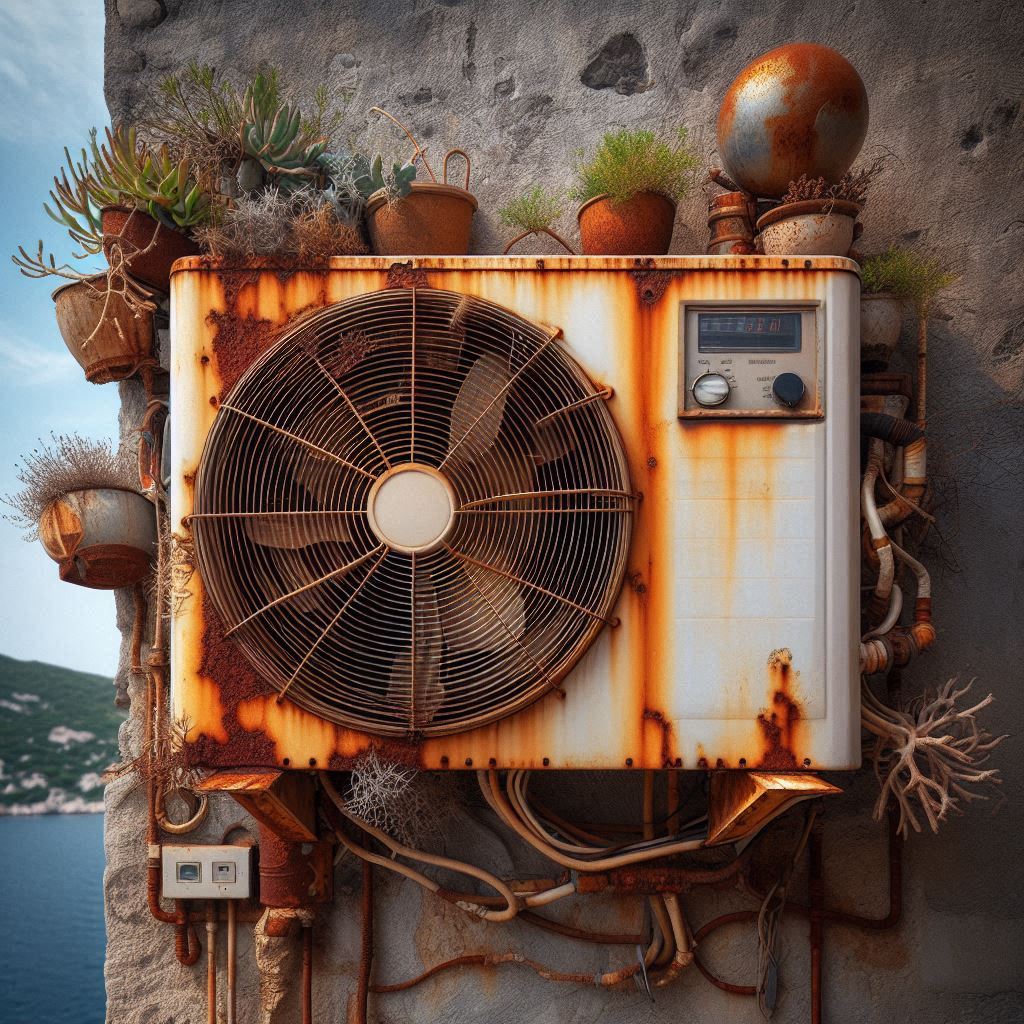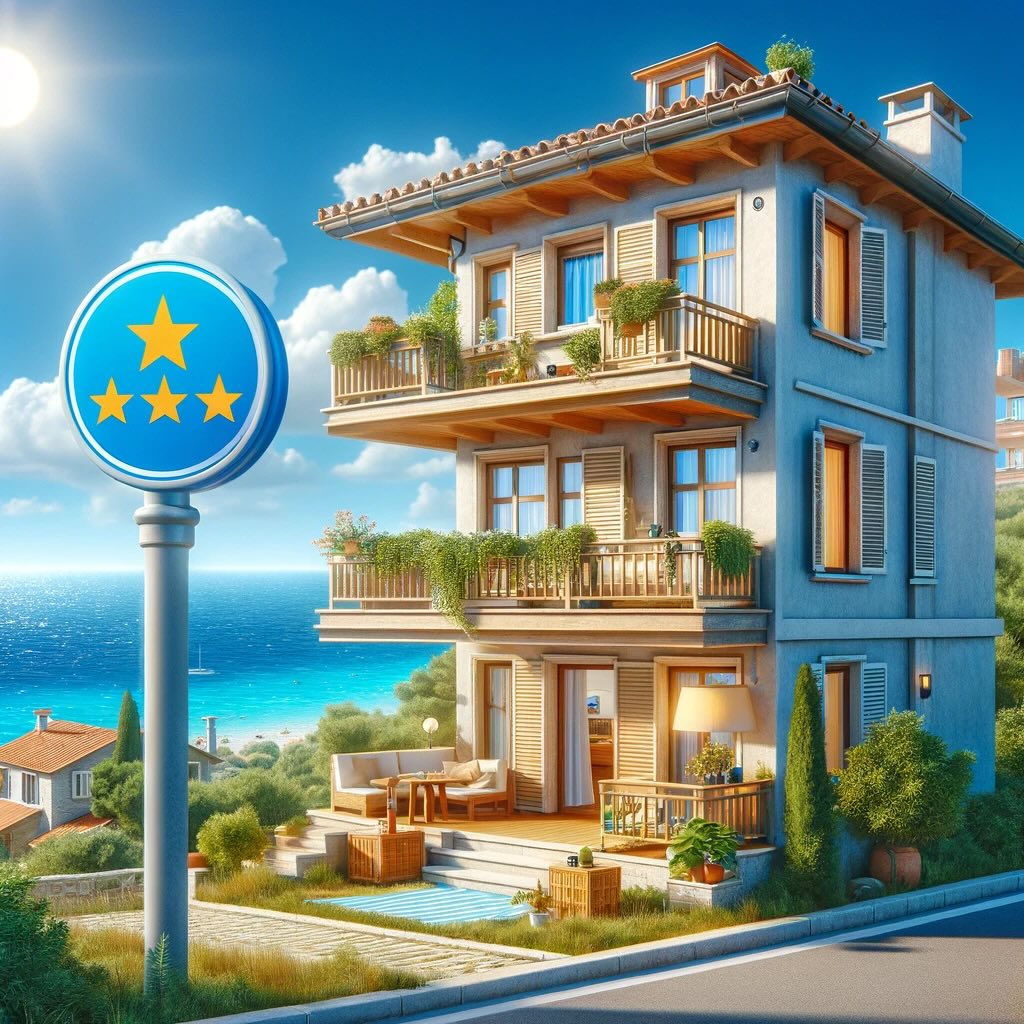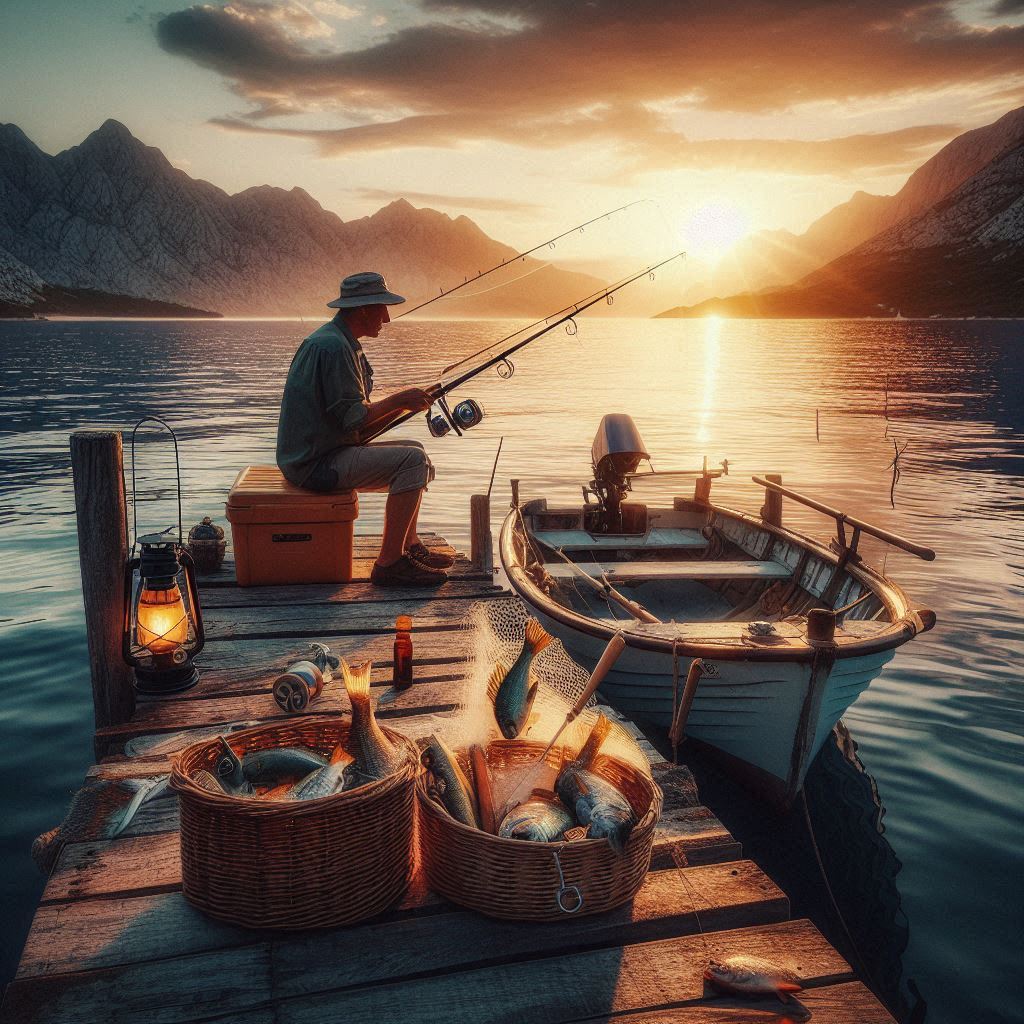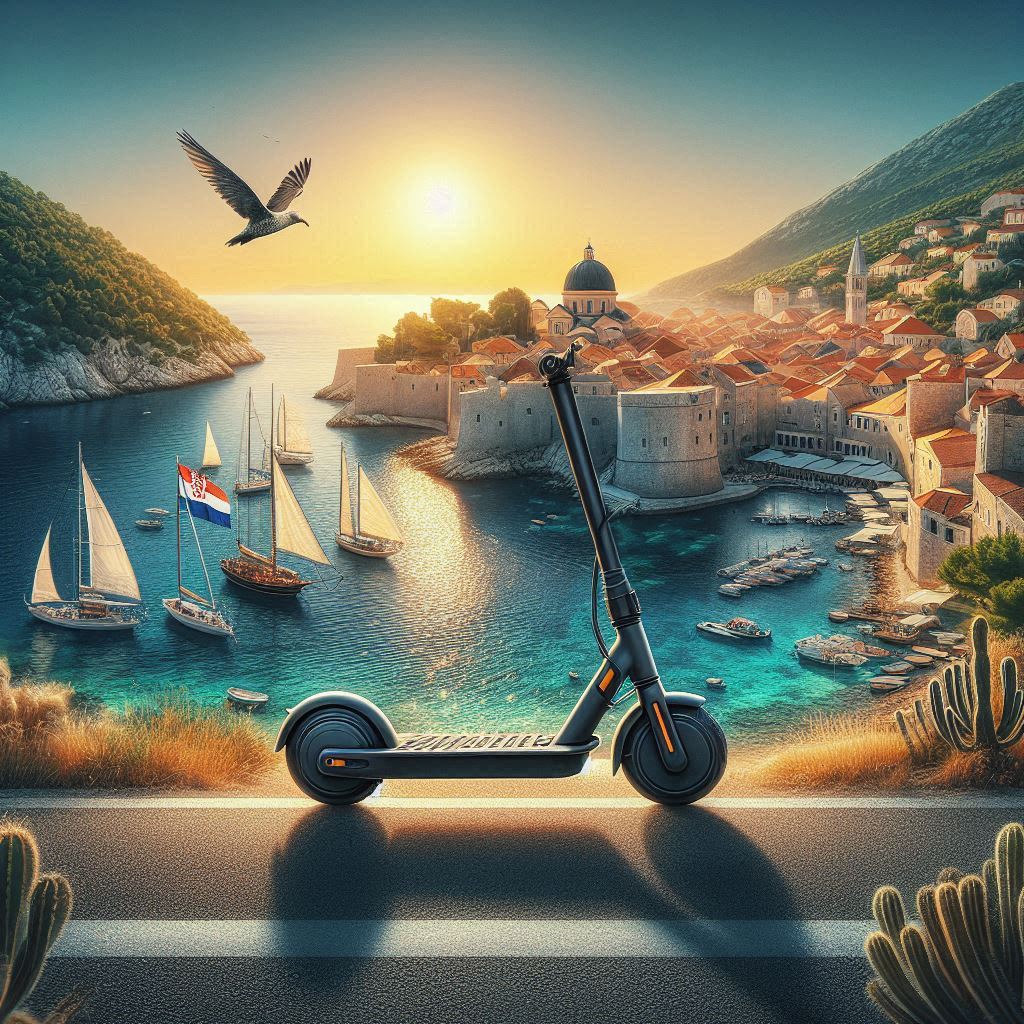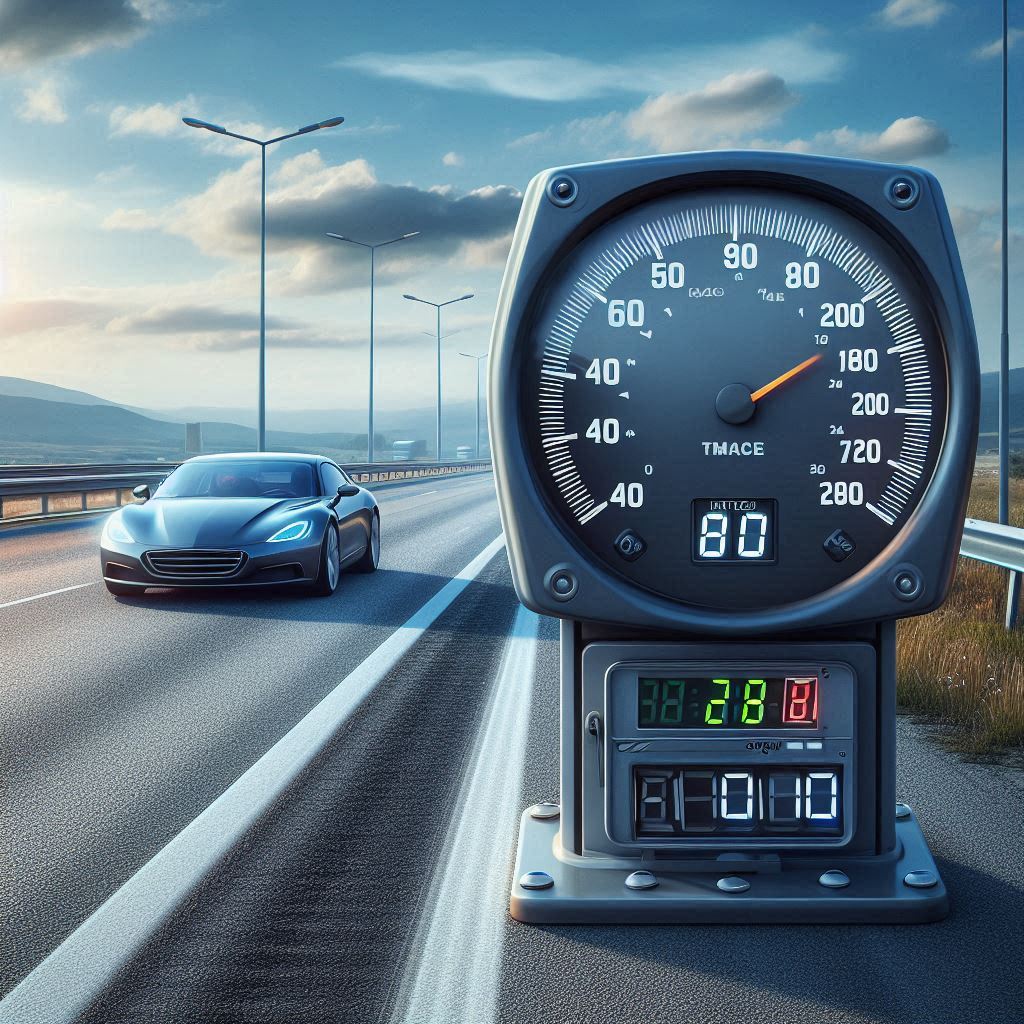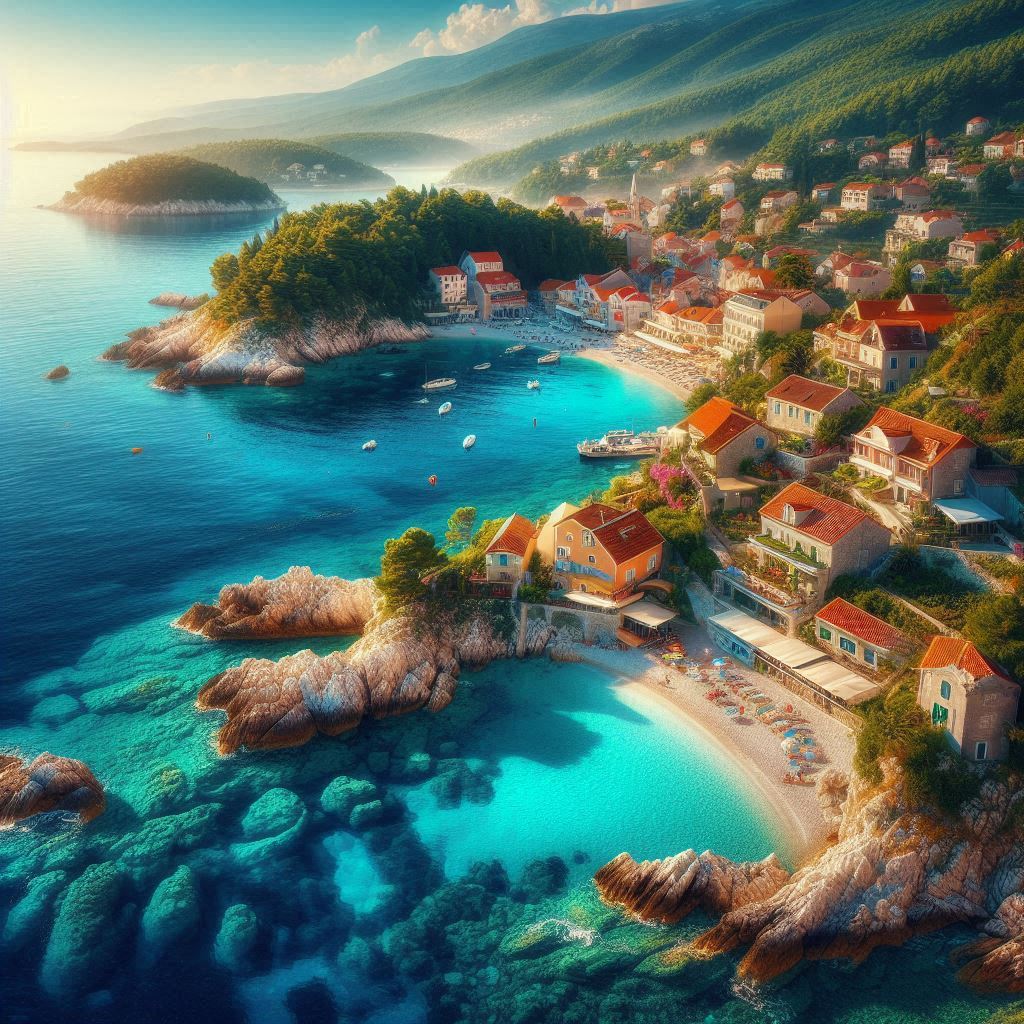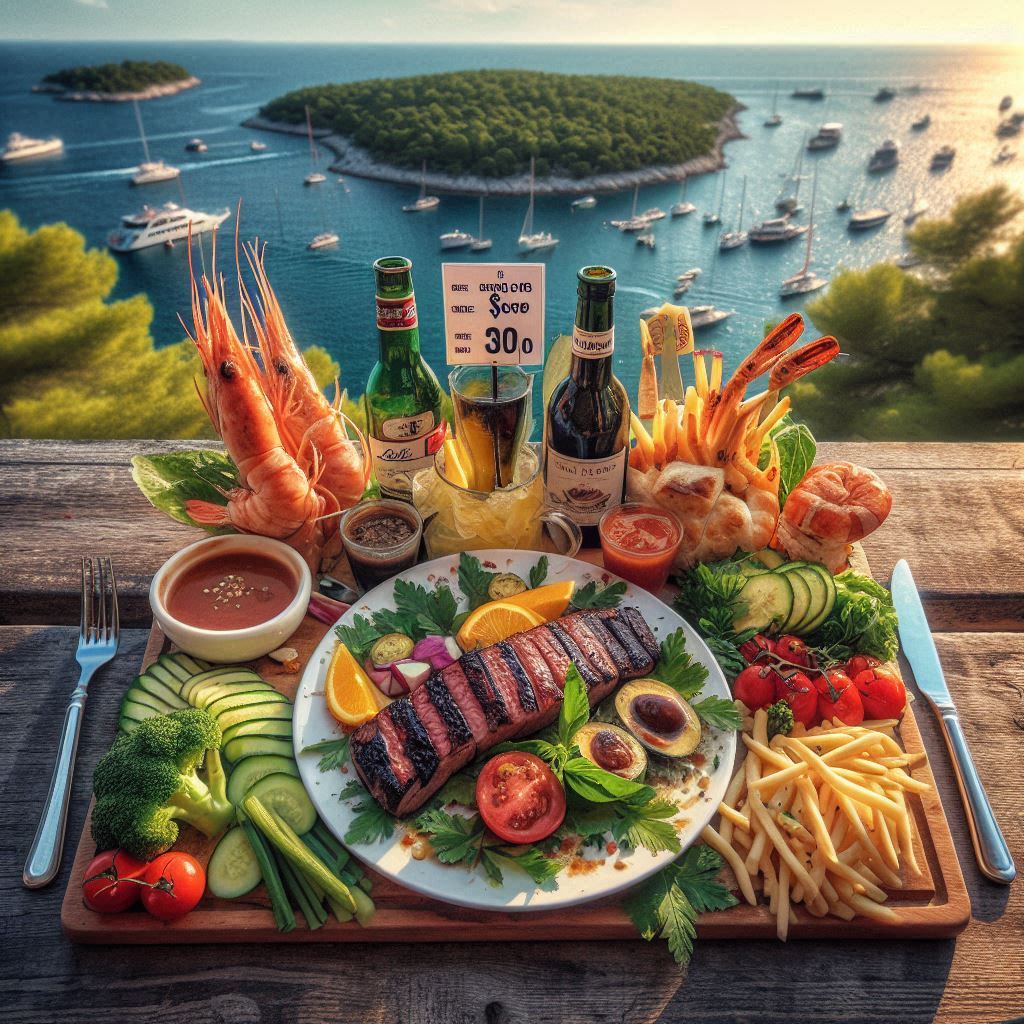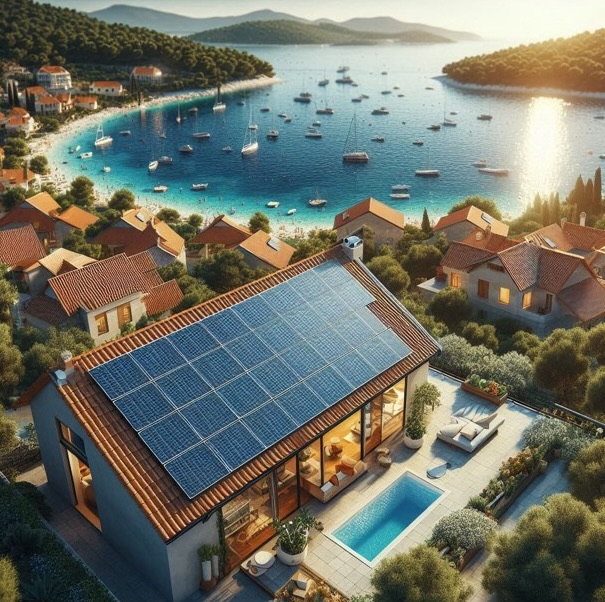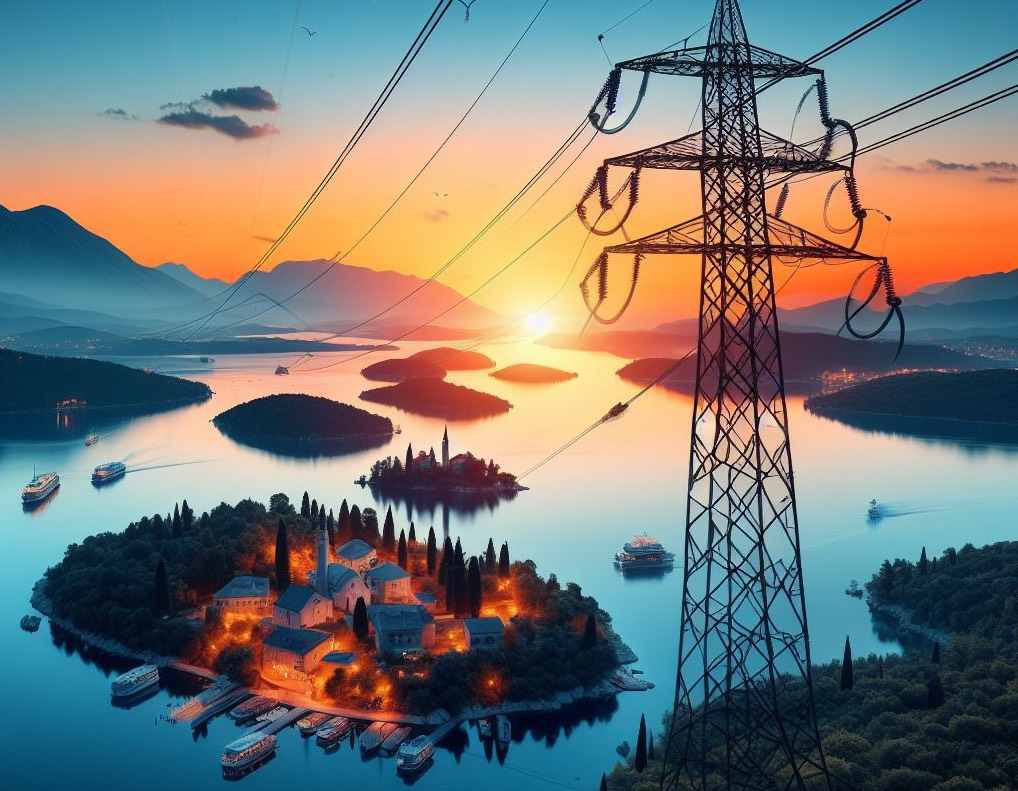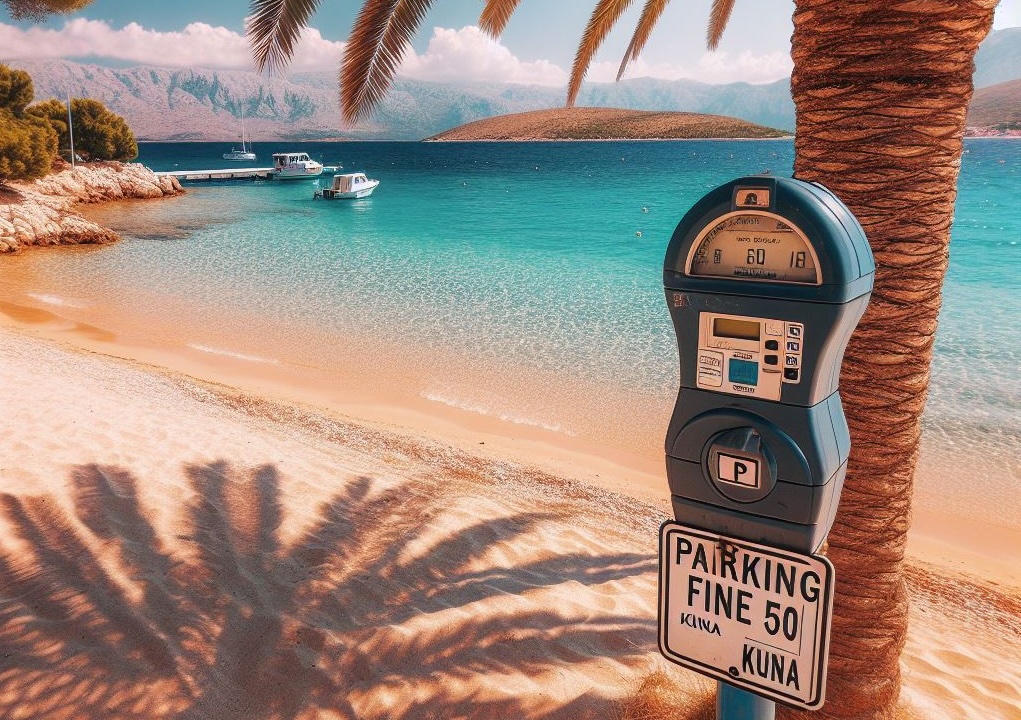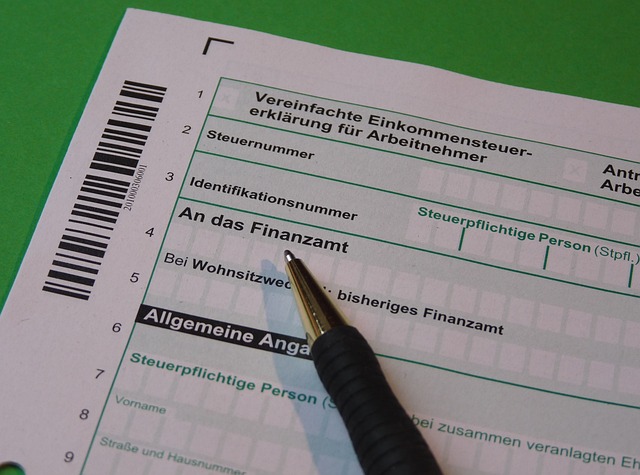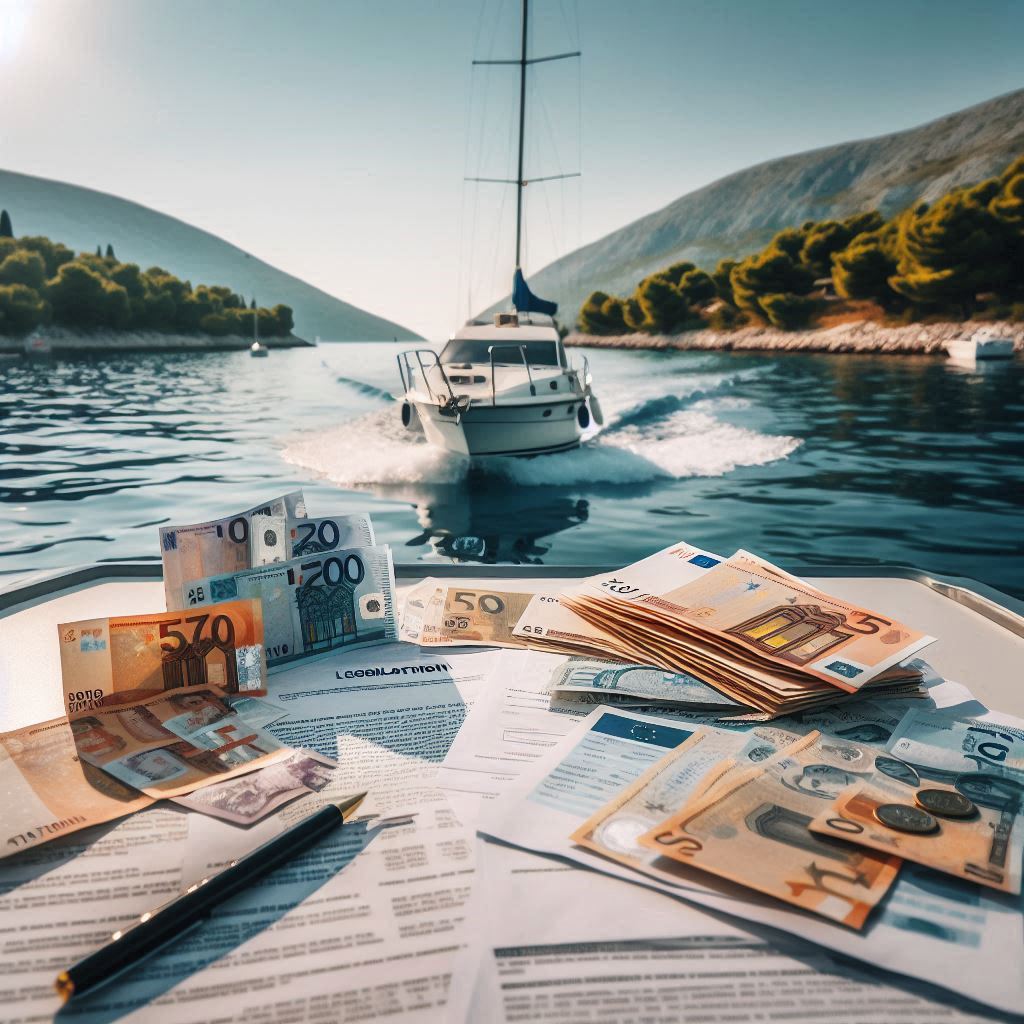
Legislative Requirements and Necessary Permits for Operating Boats
To operate a motorboat or sailing boat in Croatia, you must have the appropriate permit. Croatian authorities recognize international certificates, such as the International Certificate of Competence (ICC). If you do not have this permit, you can obtain it in Croatia after passing the exams on site.Boat Registration
Every boat that wishes to sail in Croatian waters must be registered and have valid boat documents. For foreign boats, valid third-party liability insurance is also required. The boat does not have to be registered in Croatia; it can have another registration, but it must meet all the requirements of the Croatian authorities.Mandatory Boat Equipment
Croatian maritime regulations set the minimum mandatory equipment for boats. This includes life jackets for all persons on board, fire extinguishers, lifebuoys, navigation lights, and other safety equipment. It is important to ensure that your boat meets all these requirements before setting sail.Anchoring Conditions and Fees
Official Marinas and Ports
Croatia has an extensive network of marinas and ports where you can legally anchor. Marinas are equipped with all necessary facilities, such as electrical connections, water, showers, toilets, restaurants, and shops. However, anchoring in marinas is charged, and the price can vary depending on the season, boat size, and marina facilities. Prices usually range from 50 to 150 euros per night.Anchoring in Ports and Anchorages
In addition to marinas, you can also anchor in smaller ports and anchorages, which are often cheaper but may have limited facilities. In some ports, there is a fee for anchoring, which is usually lower than in marinas. Fees range around 20 to 50 euros per night.Anchoring at Sea (Wild Anchoring)
Anchoring at sea, known as wild anchoring, is allowed in Croatia, but some rules apply. You can anchor outside designated zones and protected areas, but you must follow safety rules and ensure the boat is properly anchored. It is not allowed to anchor in protected natural areas and national parks without permission.Anchoring in Protected Areas
Croatia has several national parks and protected natural areas, such as Kornati, Brijuni, or Mljet. In these areas, strict anchoring rules apply, and special permits are often required. Fees for anchoring in national parks can be higher, and it is necessary to inquire in advance about the conditions and fees.Sailing Fees
Navigation Fees
When sailing in Croatian waters, a navigation fee must be paid once a year, depending on the length of the boat. This fee includes the use of navigation equipment and services, such as lighthouses and buoys. The fee ranges from 50 to 200 euros, depending on the length of the boat and specific services.Sea Stay Fee
Another fee to be paid is the sea stay fee, also known as the tourist fee. This fee is paid for each person on board, and the amount depends on the length of stay and the season. The fee is usually around 1 to 2 euros per person per day.Boat Insurance
Every boat sailing in Croatian waters must have valid third-party liability insurance. The cost of insurance varies depending on the size and type of the boat, but it usually ranges from 100 to 300 euros per year.Free Anchoring Options
Anchoring in Remote Bays
Croatia offers many remote and picturesque bays where you can anchor for free. These bays are not equipped with any facilities but provide peace and privacy. When anchoring in these areas, it is important to care for the environment and respect local rules.Anchoring by Small Islands
Another option is anchoring by smaller, uninhabited islands. These islands offer a beautiful and quiet place to anchor, often without any fees. Again, it is important to follow all rules and not pollute the surrounding environment.Authorities and Links
State Administration for Maritime Transport
In Croatia, the State Administration for Maritime Transport (Ministry of the Sea, Transport and Infrastructure) oversees all aspects of maritime transport. More information on boat and sailing requirements can be found on their official website mmpi.gov.hr.Croatian Sailing Federation
The Croatian Sailing Federation provides information and support for sailors. More information can be found on their website www.hjs.hr.Information on Fees and Boat Registration
Detailed information on fees, boat registration, and other legislative requirements can be found on the State Administration for Maritime Transport's website mmpi.gov.hr.Conditions for Operating Boats Based on Size and Engine Power
In Croatia, specific rules and regulations apply to operating boats, which vary depending on the size of the boat and engine power. These rules are designed to ensure safety at sea and an appropriate level of knowledge and skills for boat captains.Small Boats and Dinghies To operate small boats and dinghies with a length up to 2.5 meters and an engine power up to 5 HP, no special permit is required in Croatia. These small boats can be operated without a permit, which is ideal for short recreational trips near the coast.
Boats with a Length over 2.5 Meters and an Engine Power over 5 HP For all boats with a length over 2.5 meters or an engine power over 5 HP, a valid permit is required. The most common permits include:
- Boat Skipper Category A (Voditelj brodice kategorije A): This permit is for boats up to 7 meters in length with an engine up to 15 kW. It is valid for inland and coastal waters.
- Boat Skipper Category B (Voditelj brodice kategorije B): This permit is for boats up to 30 GT (Gross Tonnage) without engine power restrictions. It is valid for coastal navigation and covers an area up to 12 nautical miles from the coast or the nearest island.
- Yacht Master Category A (Yachtmaster kategorije A): This permit is for boats with a total length over 30 GT and is valid for navigation up to 200 nautical miles from the coast.
- Yacht Master Category B (Yachtmaster kategorije B): This permit is for boats without length or engine power restrictions and is valid for worldwide navigation.
Exceptions and Other Conditions
- Exceptions for Sailing Boats For sailing boats that use only sails and do not have an auxiliary engine, or if the engine is off and not used during sailing, certain exceptions may apply. However, it is always recommended to have the appropriate permit in case the engine needs to be used in an emergency.
- Minors Persons under 18 can operate small boats up to 7 meters in length and with an engine up to 15 kW, but must be supervised by a person over 18 with the appropriate permit.
Obtaining the Permit
To obtain a permit to operate a boat in Croatia, you must attend a course and pass an exam at one of the accredited maritime schools or institutions. These courses include both theoretical and practical parts, focusing on navigation, sea safety, and boat handling.Links to Relevant Authorities
- State Administration for Maritime Transport (Ministry of the Sea, Transport and Infrastructure): Information on permit and boat registration requirements. mmpi.gov.hr.
- Croatian Sailing Federation (Croatian Sailing Federation): Information and support for sailors. www.hjs.hr.
Operating boats in Croatia requires compliance with established rules and regulations, including obtaining the appropriate permit based on the size of the boat and engine power. Knowing these rules will allow you to safely and legally enjoy your sailing in the beautiful Croatian waters.
Sailing in Croatia is an unforgettable experience, but it is important to be well-prepared and know the local legislation and rules. With this guide, you will have an overview of the necessary permits, anchoring conditions, fees, and anchoring options. By following these rules, you can enjoy a safe and pleasant boat holiday in one of the most beautiful coastal regions in the world.
























